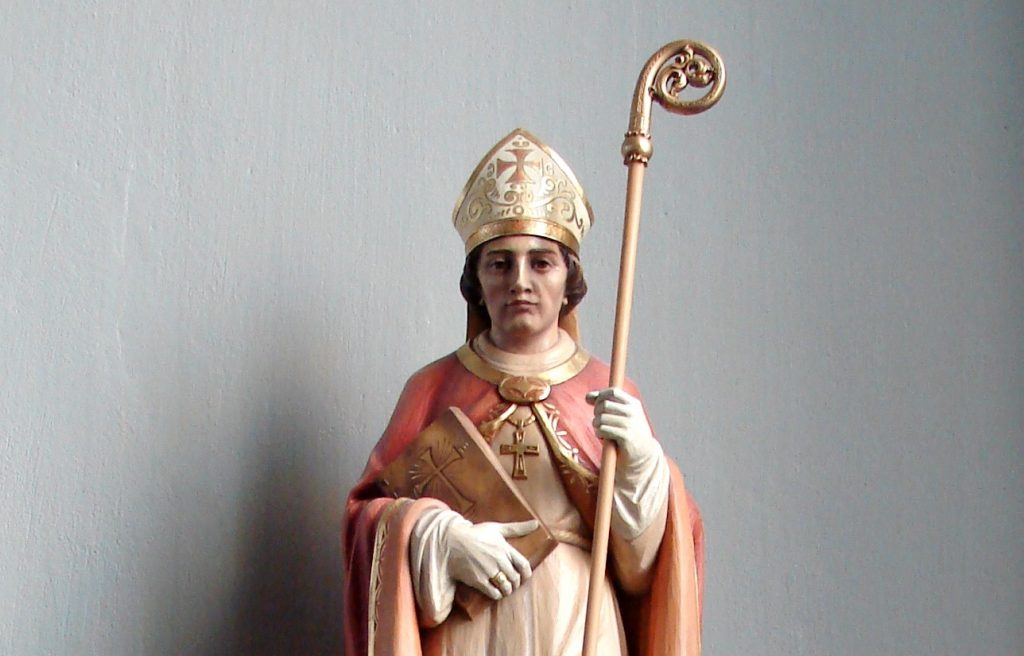St. Thorlak was born in 1133, less than two centuries after missionaries from Germany and Norway began evangelizing in Iceland. By the time of his birth, the Catholic Church had solidly established its presence, but had fallen into disarray due to local clerical disregard for the rules of celibacy, selling church positions for personal gain, and other disciplinary breaches.
Thorlak’s parents were poor farmers, but they noted their son’s talents, and made sure to give him extensive religious instruction from a local priest. Thorlak was ordained a deacon before he was 15, and became a priest at 18.
Thorlak left Iceland for a time to study theology in France, and committed himself to living by the monastic rule of St. Augustine. Inspired by this radical view of celibacy and poverty, he returned to Iceland and founded a monastery according to Augustinian rule.
Ten years later, the Norwegian archbishop called Thorlak to become the bishop of the diocese of Skalholt, Iceland. Thorlak loathed giving up his monastic way of life, but recognized the need for clerical reform.
As bishop, he implemented the reforms that Pope Gregory VII had begun, enforcing strict celibacy, and independence from secular authorities. Thorlak also worked to improve public morality, famously confronting a powerful chieftain in Iceland who was carrying on an affair with the bishop’s sister.
Thorlak died on December 23, 1193. He is one of the country’s most popular native saints, and over 50 churches were dedicated to his memory before Iceland officially became Lutheran in the 16th century.

